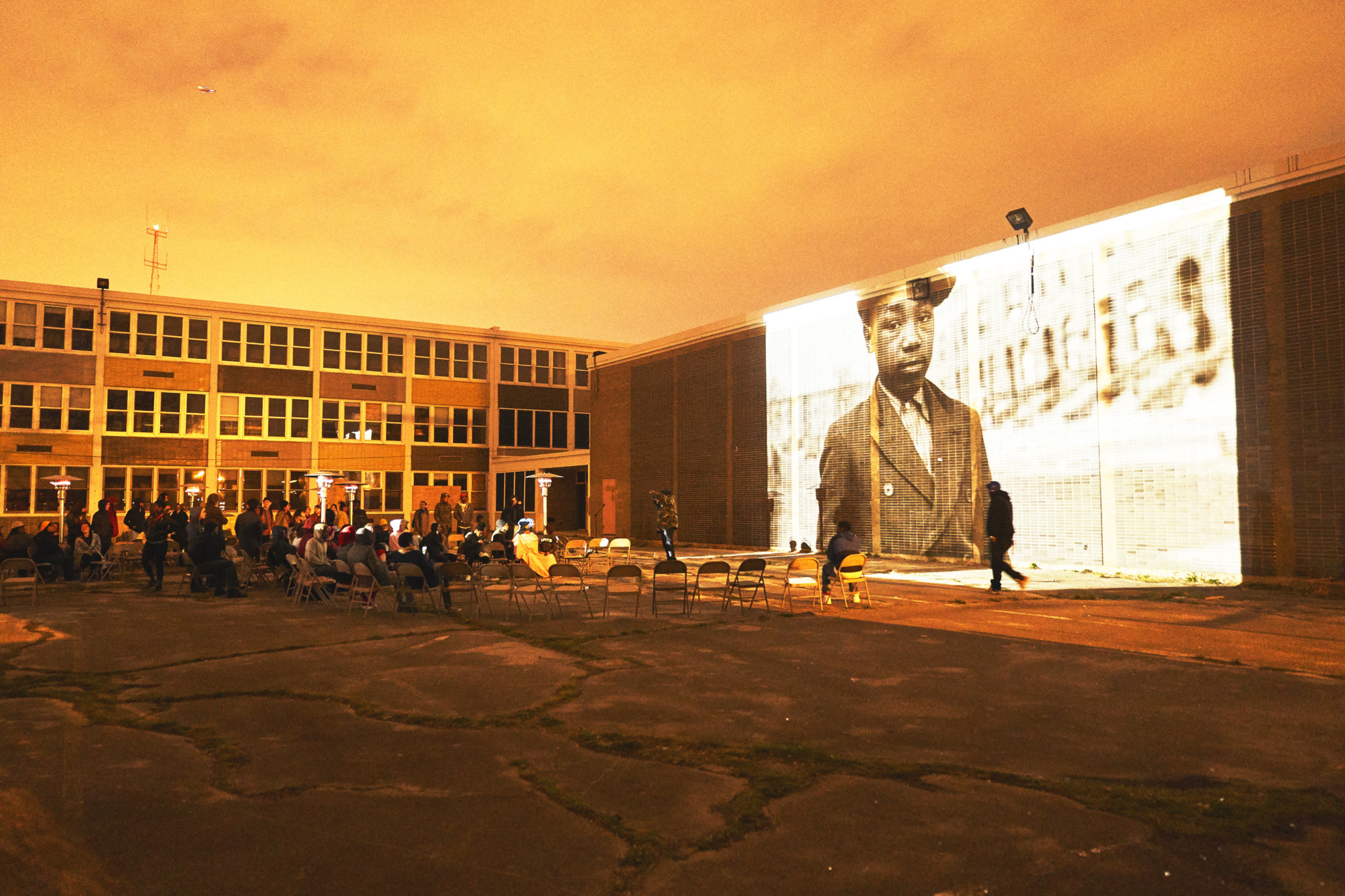On April 16, 2019, Chicagoans gathered on the playground at Woods Academy on 62nd and Racine, an Englewood elementary school that closed in 2013. They had returned for “Ain’t You Heard – What Happens to a Dream Deferred,” a storytelling event presented in partnership with Residents Association of Greater Englewood (RAGE), Borderless Studio, and Creative Grounds. After being welcomed by Anton Seals Jr. of Grow Greater Englewood and Asiaha Butler of RAGE, attendees participated in an evening of music, spoken word, visual art projection, and memory sharing.
As archival images of Black Americans (curated by archivist Renata Cherlise of Blvck Vrchives) filled an exterior wall of Woods Academy, co-organizer Tonika Johnson shared a spoken word story about her family’s trajectory to Englewood, starting with her grandmother’s birth in the South and her decision to leave. Interspersed with Johnson’s memories, rapper Roy Kinsey performed his songs “Mississippi Mud,” “Citadel Blues,” and more.
Motivated by questions of belonging provoked by the Dimensions of Citizenship installation recently exhibited at Wrightwood 659, Johnson says the event centered the memories of Black Americans who came to Chicago—and specifically Englewood—during the Great Migration. They came to pursue “their full rights as citizens in the United States, only to have their aspirations of equitable belonging denied over decades through systemic disinvestment in Black communities and citywide segregation policies.”
Johnson cites the sixteen schools closed in Englewood since 2002 as evidence of the ongoing legacy of disinvestment. In this context, hosting the event in a now closed Englewood elementary school reminded folks of the importance of schools as gathering places for communities. For Johnson, these community spaces create memories “that remain with them throughout their lives, from the teachers that impacted their lives to your first class assigned speech and your first playground fight with a peer.” Attendees were encouraged to share their memories of school, stories of their families’ migration(s), and reactions to the performances on physical cards for others to see.
In addition to reflecting on memories, Johnson hopes the event helped attendees envision how closed schools can still be used to benefit the community. She also hopes the event inspires Englewood residents to consider mobilizing to rename the new neighborhood high school opening in the fall (currently named Englewood STEM High School). “Massive school closures without the equitable replacement is an injustice to our civil rights—the rights our grandparents fought for in this country—and it’s our responsibility to always be vocal about that… Our lives are the consequence of our families’ struggles and resilience in the face of insurmountable odds and overt discrimination. Despite all, we are our grandparents’ and parents’ dreams realized.”
Disclosure: Tonika Johnson is a member of the Weekly’s Board of Directors.
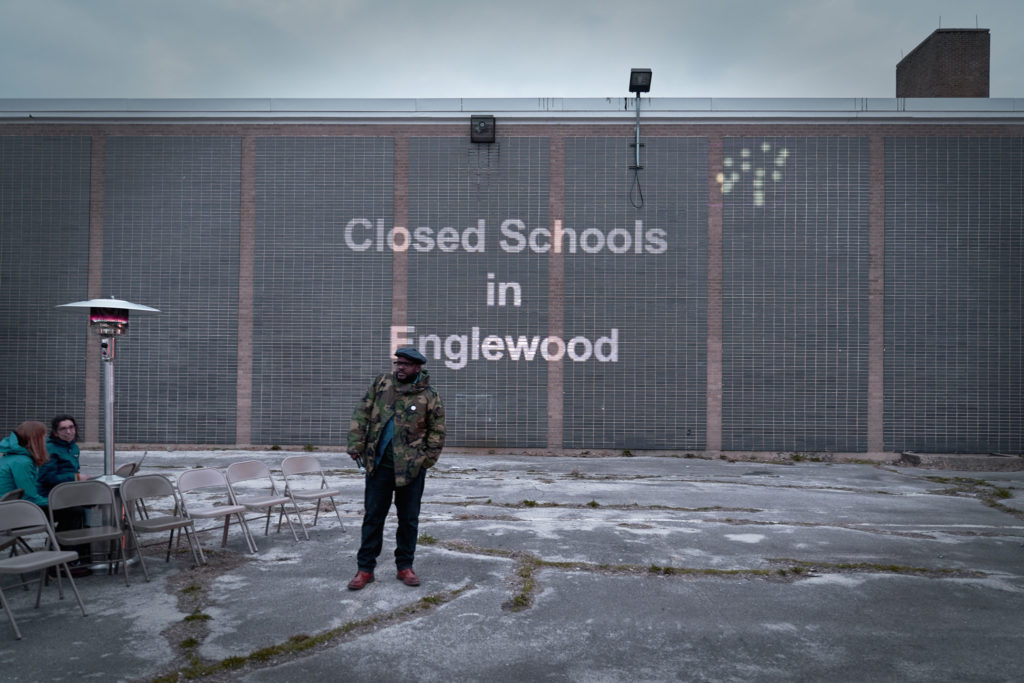
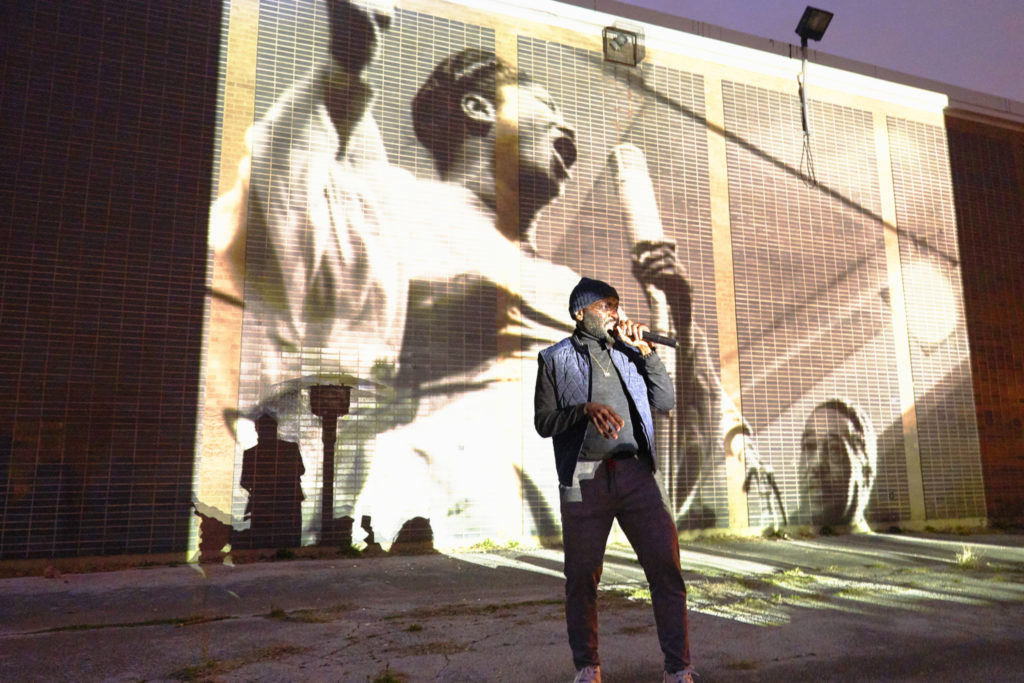

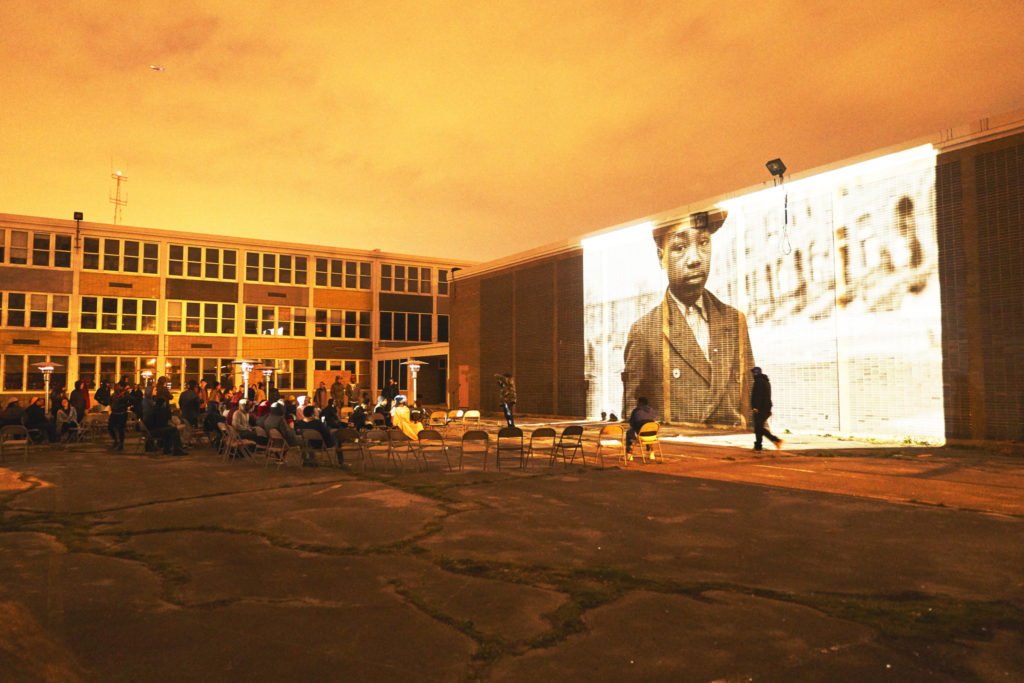
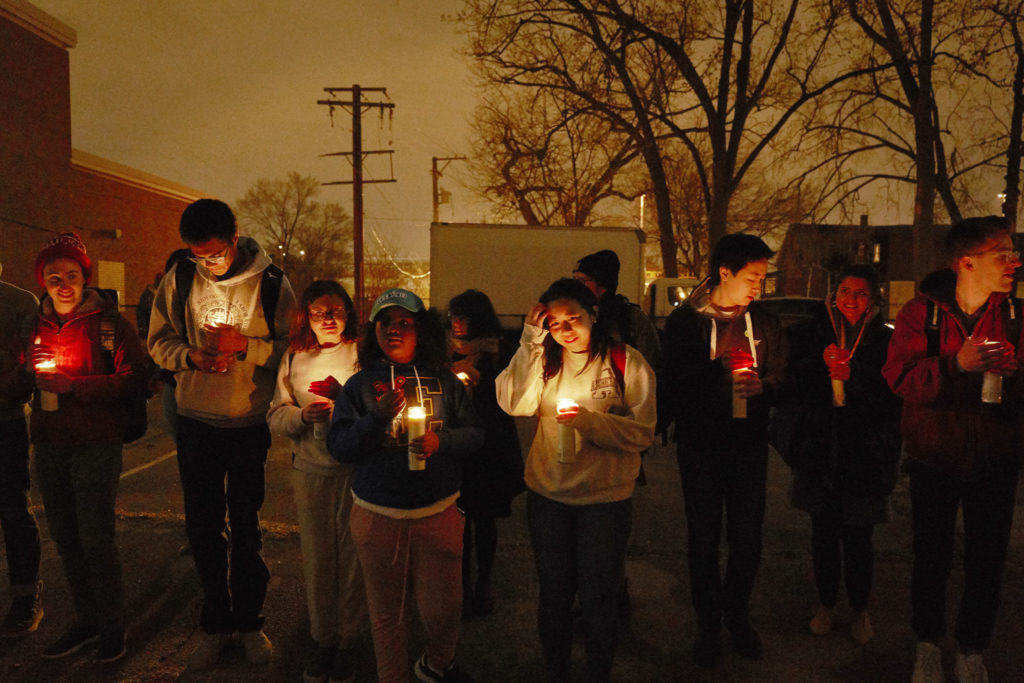
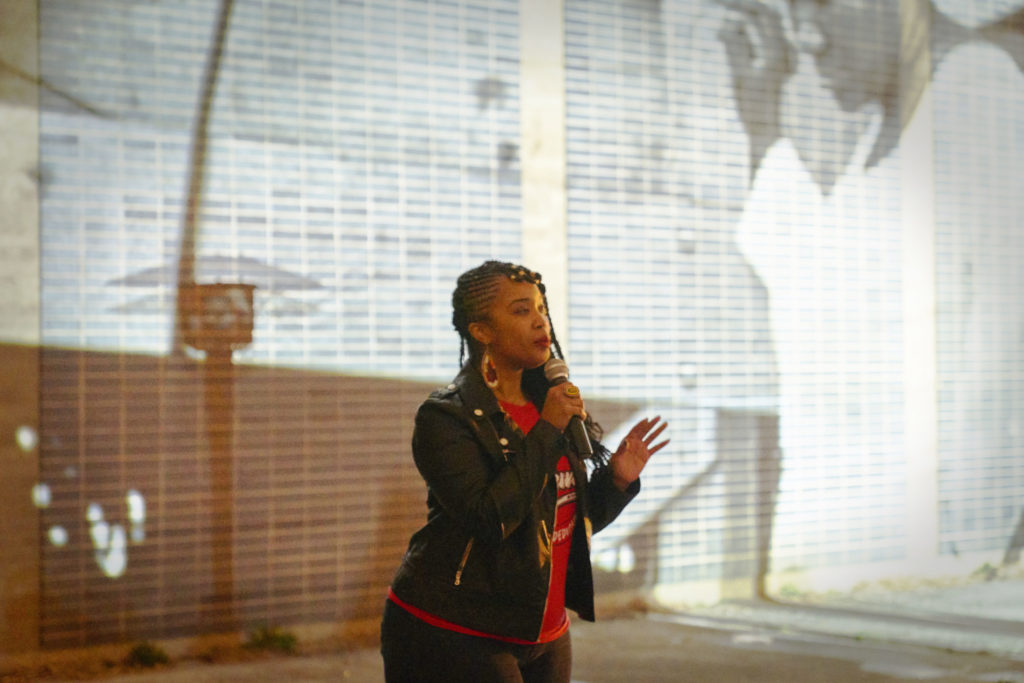
Erisa Apantaku (@erisa_apantaku) is the executive producer of South Side Weekly Radio. Last year, her team completed a multimedia project about the history of Robeson High School.

